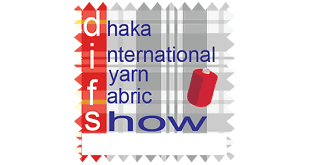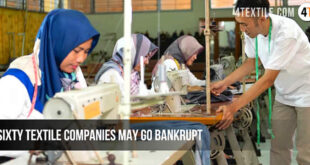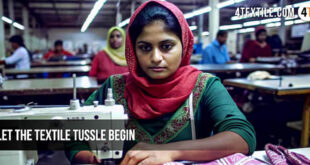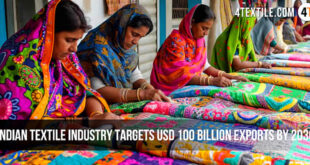EuRIC Textiles, a branch of the European Recycling Industries’ Confederation (EuRIC), and the non-profit Municipal Waste Europe (AISBL), report that Europe’s textile sorting and recycling industry is facing “immense pressure” due to an oversupply of used textiles and a sharp drop in demand from traditional export markets.
EuRIC Textiles and AISBL believe Europe’s textile sorting and recycling industry is grappling with a severe crisis that is more significant than the pandemic and could lead to domino effect.
Europe textile industry crisis
The organisations submitted a joint statement that suggests the problems have stemmed from the war in Ukraine, logistical challenges in Africa and the rise of ultra-fast fashion.
As a result, there is now an oversupply of used textiles with a sharp decline in demand from traditional export markets.
Notably, the duo explained the volume of used textiles traded between the EU and non-EU countries decreased from 464,993 tonnes in 2022 to 430,185 tonnes in 2023.
Demand for used textiles has plummeted
The duo pointed out that Germany’s exports to Ghana, a key market for used textiles, also saw a sharp drop from 7911.2 tonnes in 2020 to 4532.9 tonnes in 2023. Compounding this issue, demand for recycled materials remains low. In 2023, only 319,000 tonnes of recycled cotton were produced globally, compared to 24.4m tonnes of virgin cotton.
This oversupply has reportedly caused a significant drop in prices for secondhand textiles, while the costs associated with collection, sorting, and recycling have surged.
The duo explained that since spring 2024 the prices for sorted garments no longer cover processing costs, leading to financial strain for sorting operators who now face major cash flow problems: “Warehouses are becoming overwhelmed, increasing the risk of textile waste being incinerated.”
Downside of lower demand, suggestions for the industry
EuRIC Textiles and AISBL are urging the EU to take swift action.
The duo is calling for VAT reductions on textile repair, reuse, and recycling activities within the existing VAT Directive framework, and the introduction of a tax on new petroleum-based materials. They believe that such measures could “incentivise” the use of recycled textiles and reduce reliance on virgin materials.
Moreover, the crisis is likely to increase processing costs for municipalities, potentially raising waste disposal fees for residents. Downstream players, such as tearing and spinning mills, are also facing severe challenges, resulting in significant staff cuts, argued the two organisations.
EuRIC Textiles and AISBL emphasised that to prevent widespread bankruptcies in the industry immediate financial and legislative support is critical.
The duo is calling for short-term financial incentives for companies contributing to sustainable circular textile chains, alongside increased investment in recycling technologies and infrastructure.
Scaling recycling tech, Waste Frame Directive, EPR scheme
EuRIC Textiles and AISBL also suggest the facilitation of public-private partnerships to foster innovation in textile recycling and to scale up recycling technologies across Europe.
Moreover, the duo stressed the need for a swift revision of the Waste Framework Directive (WFD) and the rapid implementation of Extended Producer Responsibility (EPR) schemes.
They said: “In the mid-term, efforts should focus on making the textile reuse and recycling sector competitive, in line with EU Commission President Ursula Von der Leyen’s ambition for a competitive and strong circular economy (through a future Clean Industrial Deal and Circular Economy Act).”
To reach this ambition, EuRIC Textiles and AISBL noted that the EU needs to increase demand for recycled textiles, expand recycling capacity, and promote sustainable materials through upcoming ecodesign requirements.
“Without urgent action, Europe risks undermining its climate goals and jeopardising the future of its textile sorting and recycling industry,” the organisations concluded.
 4Textile.com World Textile & Apparel Industry Events, News
4Textile.com World Textile & Apparel Industry Events, News







